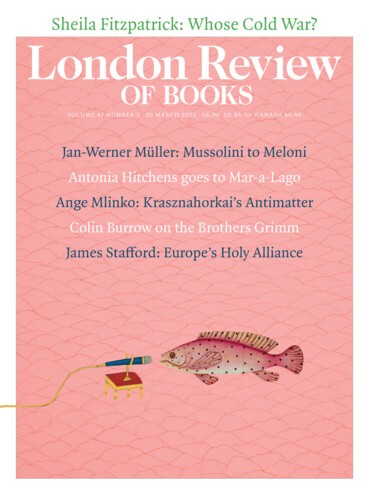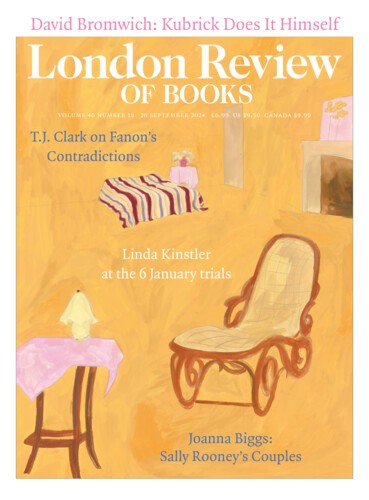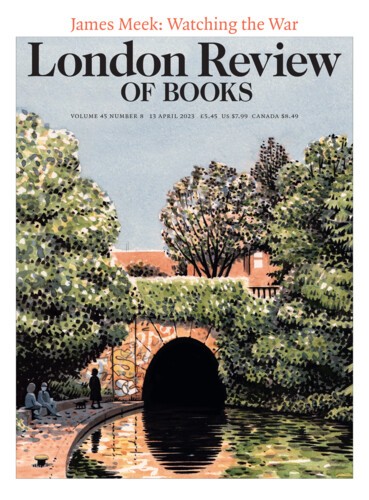Dirty Books: Boccaccio’s Reputation
Barbara Newman, 14 August 2025
Histories of Italian literature begin with the Tre Corone or Three Crowns: Dante (1265-1321), Giovanni Boccaccio (1313-75) and Francesco Petrarca, or Petrarch (1304-74), Boccaccio’s intimate friend. All three exalted the Italian vernacular but, to the puzzlement of modern readers, entrusted their most important philosophical works to Latin. This bilingualism is a dominant theme in...





